
- Great suspension
- It's very light
- Can hold two bottles
- No fork bump stop
- TwistLoc action is backwards
- Messy cables up front
Merida has updated the Ninety-Six, its flagship cross-country and fast trail bike, for 2021. The range-topping RC 9000 delivers a fast but very capable design and suspension platform, with a build capable of tackling the more technical modern cross-country race courses. But is it radical enough to be a fast trail bike?
- First Look: 2021 Specialized Epic Comp Carbon - A mid spec cross country thoroughbred
- Merida BIG.NINE 5000 2021 review
- Trek Fuel EX 5 Women’s 27.5 Plus review
Merida has always been closely linked to cross-country racing, especially so in continental Europe, and the Ninety-Six has been the race bike of choice for over 10 years. It was in real need of an update though – international races are shorter, more technical and more furious than ever – in order to tackle rivals such as the Specialized Epic and Scott Spark.
Carbon frame
The 2021 model has had the revamp needed with a reduced frame weight – thanks partly to the carbon flex-stays ditching the pivots of old – and changes to the geometry. The slacker head angle of 68.5 degrees is one key factor, though it's not as radical as some; the Mondraker Podium, for example, has a 66.8º head angle.
Out of the box the RC 9000 weighs 10.55kg, which is on par with its competition. A dropper seatpost is now standard on all models in the range, with the RC 9000 fitted with a Fox Transfer.
The full carbon frame uses a threaded bottom bracket, and has space for two full-size bottle cages, although the seat tube one requires an adaptor. There is another mount under the top tube designed for carrying spares, something both cross-country and marathon racers may appreciate.
Drivetrain & brakes
The mechanical Shimano XTR drivetrain is smooth – and stays smooth – with a crisp shift action that in many ways I find even better than electronic shifting. It has a more tactile feel.
For general trail riding the 34t chainring is fine, and combines with the 10t small cog on the XTR cassette for decent speed, but for racing a bigger gear might be occasionally worth having. If I were using this as a cross country or marathon race bike, as it's intended, a 36t chainring would be preferable.
The brakes are Shimano XTR with 180mm front rotor and 160mm rear, giving more than adequate performance for the style of bike. The calipers are two-piston and use flat mounts, which take up less space on the chainstay than a post-mount, which in turn allows more flexibility with the frame design.
The one exception from the Shimano groupset is the Race Face Next SL chainset, which is both stiff and lightweight. For me, this medium frame would have been better with 170mm crank arms instead of 175mm, as it would give more clearance when pedalling over rough ground or in ruts.
Cable routing
A big change for the updated Ninety-Six range is the cable routing, with all cables to the rear now internal. It makes for a neater setup, but isn't without its issues. The handlebar area is still a really busy place with two lockouts, the brake hoses, the dropper and the gear cables all competing for space.
Wheelset
The DT Swiss XRC 1501 Spline One wheelset might be a real mouthful, but it's also a big highlight of the bike. The wheelset alone retails for €1,499 – around £1,300 at the time of writing – and it has a big impact on the overall performance.
Claimed weight is good if not outstanding at 1540g, but the stiffness of the big (30mm internal diameter) rim means great support for the tyre, allowing more aggressive riding downhill.
The hubs are DT Swiss 240 EXP, giving near-instant pickup at the rear.
The tyres
The Maxxis Rekon Race tyres (ignore the Vittorias in the photos... they went on at the end of the test) are superb and suit the bike perfectly, feeling fast and giving more grip than you might expect from looking at the tread. Your get the TR EXO versions with 120tpi casings.
Suspension and ride
The Fox Factory 32 Float SC fork is light, but has enough tuning options to adjust for personal preferences. The FIT4 remote has a firm lockout that's perfect for climbs or non-technical sections, plus 22 clicks of open-mode compression adjustment and 10 clicks of rebound adjustment. It can also take volume spacers, for tuning the way it ramps up at the end of its stroke.
The Fox Factory Float rear shock has similar tuning options, plus the remote lockout.
Both fork and shock deal with the larger bumps well, and the front end feels like it has far more travel than the 100mm on offer. Small bump sensitivity is also very good. Occasionally the fork gets bogged down on medium-sized bumps when pushing on, but given the amount of adjustment it's possible I just never quite got it dialled in during the test.
Cockpit
The components include a Merida own-brand stem and flat, 740mm carbon handlebar, which should be sufficiently wide for most racers.
Value
This Ninety-Six RC 9000 model costs £7,300 – that's a serious amount of money, but against its rivals it is competitive.
The closest competition from Specialized is the Epic Expert, though that wears slightly less impressive SRAM X01 (a similar level to Shimano XT), TL brakes and GX components, for £6,750. It's then a big jump to the Epic Pro at £8,250.
The Scott Spark RC 900 World Cup also offers a full carbon frame, a SRAM X01 groupset and Syncros carbon wheels for £6700, though it's better value than the Specialized and is a better match for the Merida.
BMC has the Fourstroke 01, the frameset Tom Pidcock has been racing recently, and its TWO model is £6,650 – though that features a Shimano XT drivetrain, heavier aluminium wheels and slightly lower spec Fox Performance suspension.
So while the RC 9000 is around £550-£600 more than each of these, its spec is usefully higher too, and the value is good.
Overall
The updated Ninety-Six RC 9000 might not be the most radical of designs, but the changes do make it far more capable – it's well-suited to the demands of modern cross-country racing, both at a local level and internationally. The suspension works well in almost all circumstances, and the spec list is one you could race straight out of the box.
The cable routing at the front might be a mess, but the benefit is an instant dual lockout – once you get your head around the backwards TwistLoc – and a remote dropper as standard. They're worth the maze of cables for the performance they add.
Ultimately the Merida Ninety-Six RC 9000 delivers a rapid ride both uphill and downhill. If blasting around at 190bpm is your thing, this bike is for you.









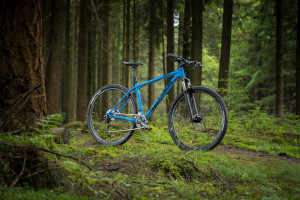

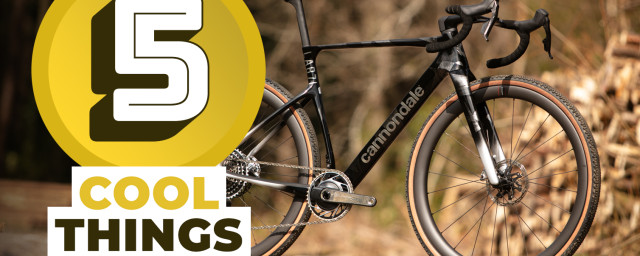
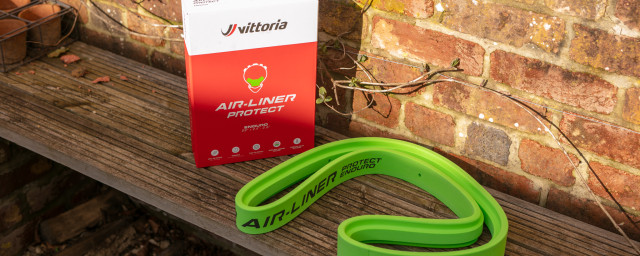
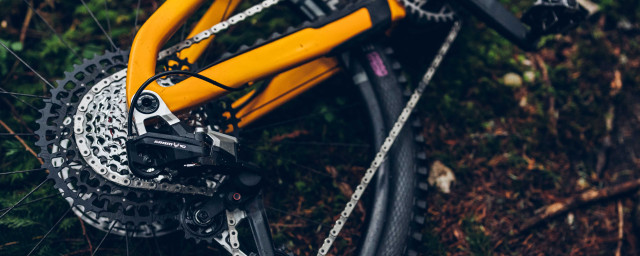

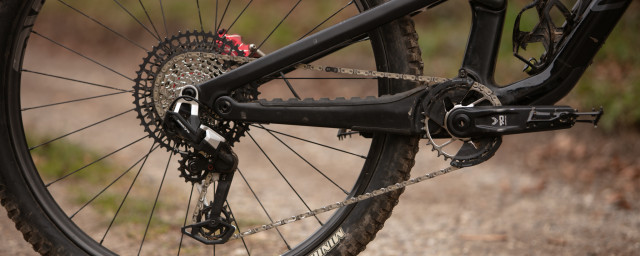
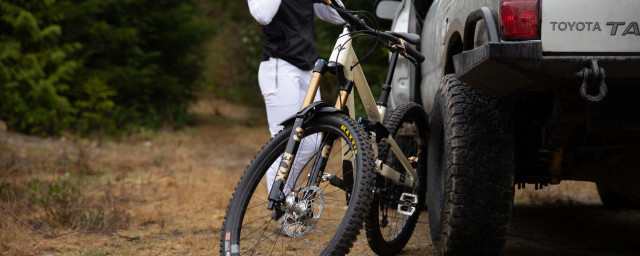
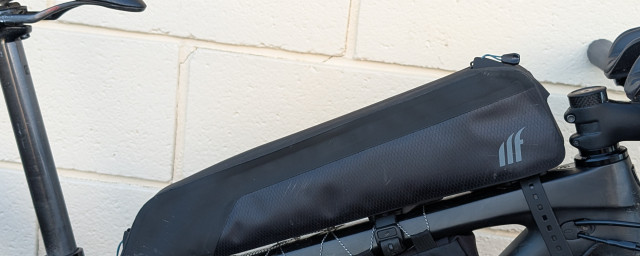
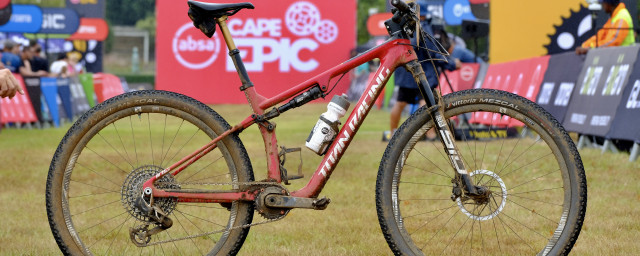
Add comment